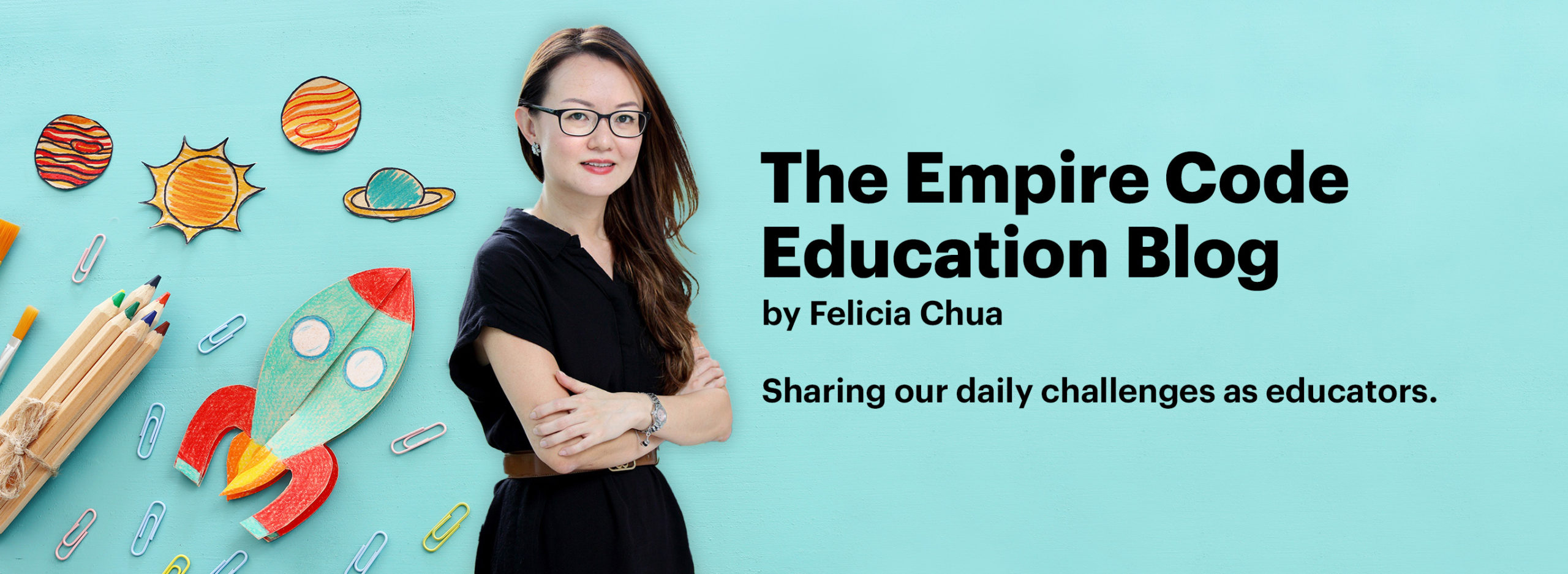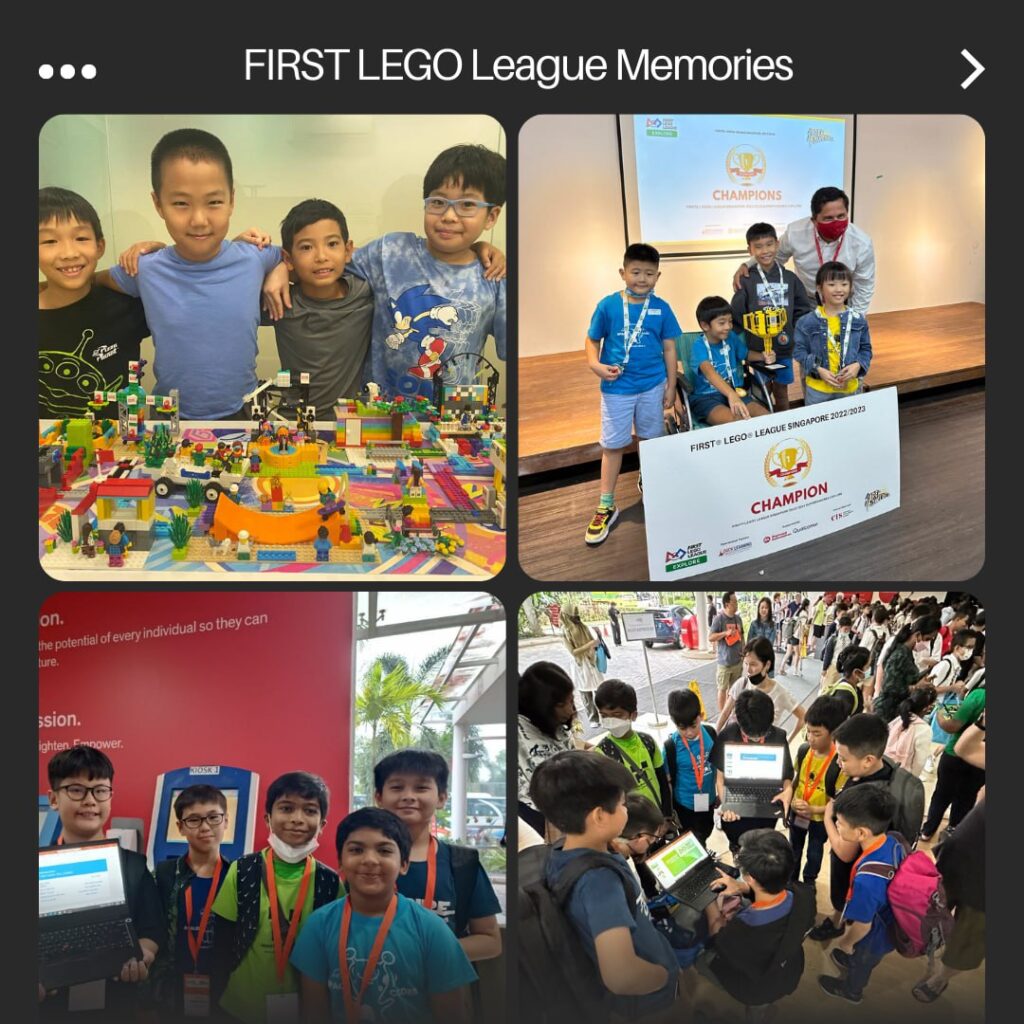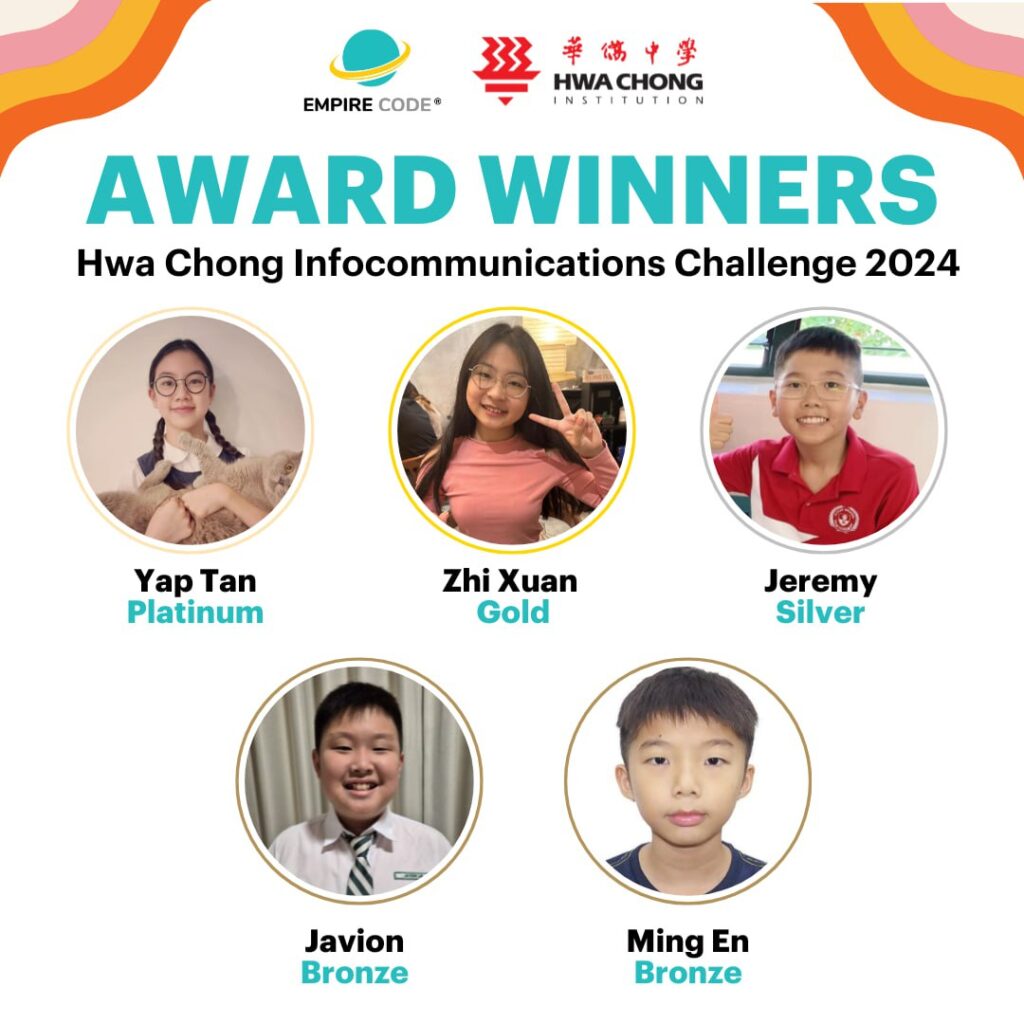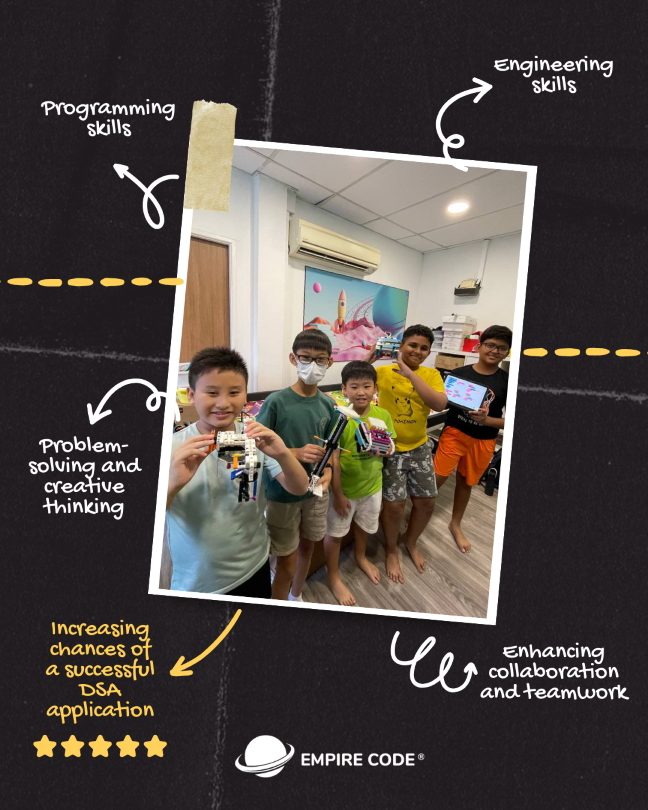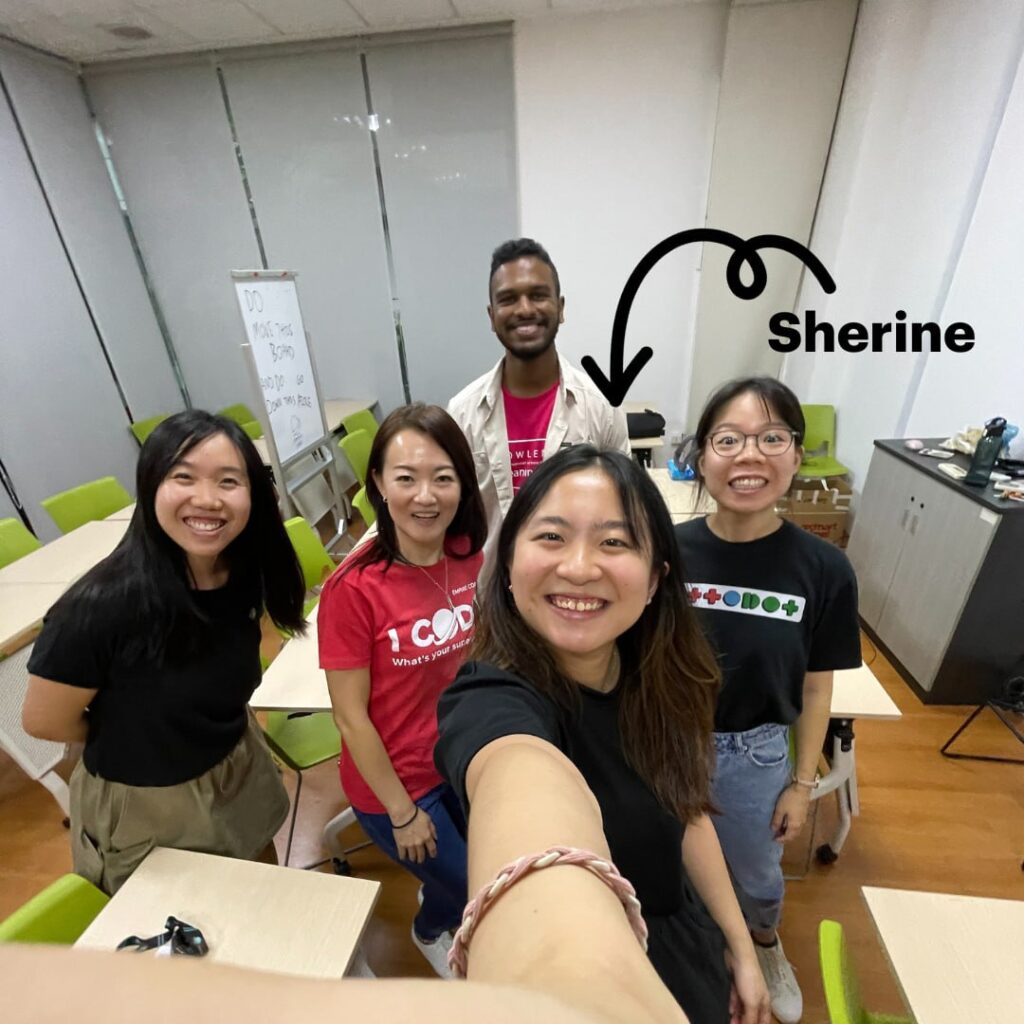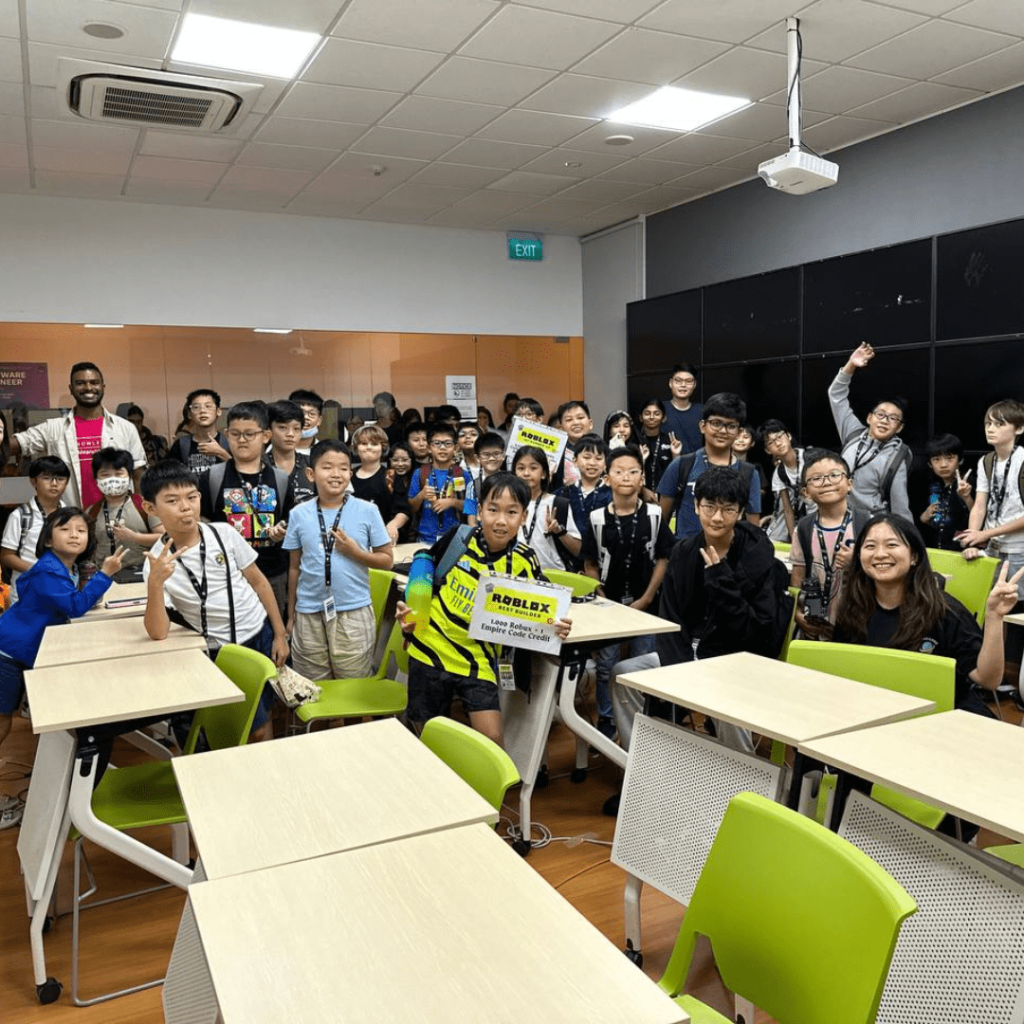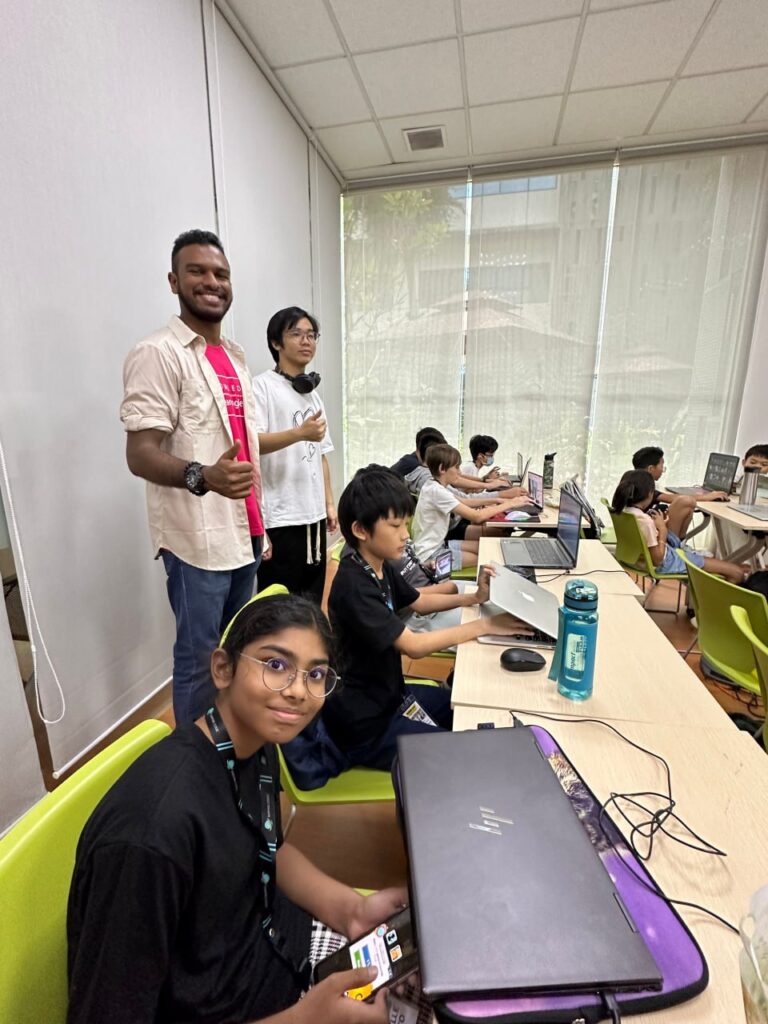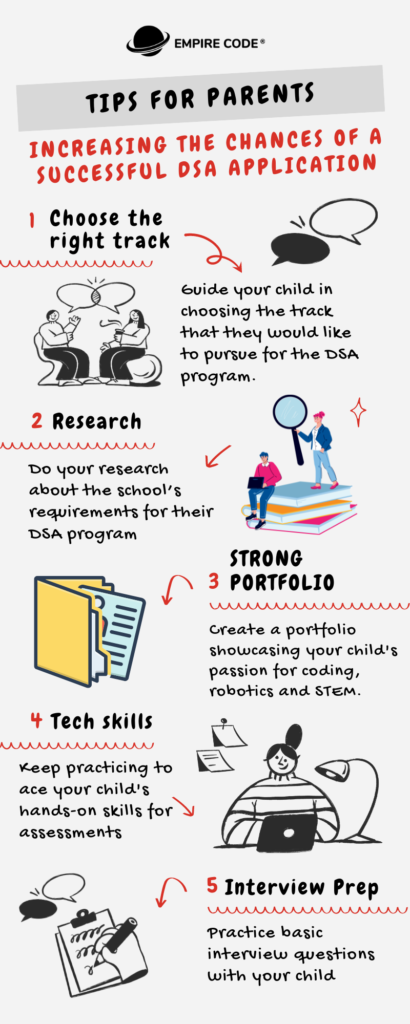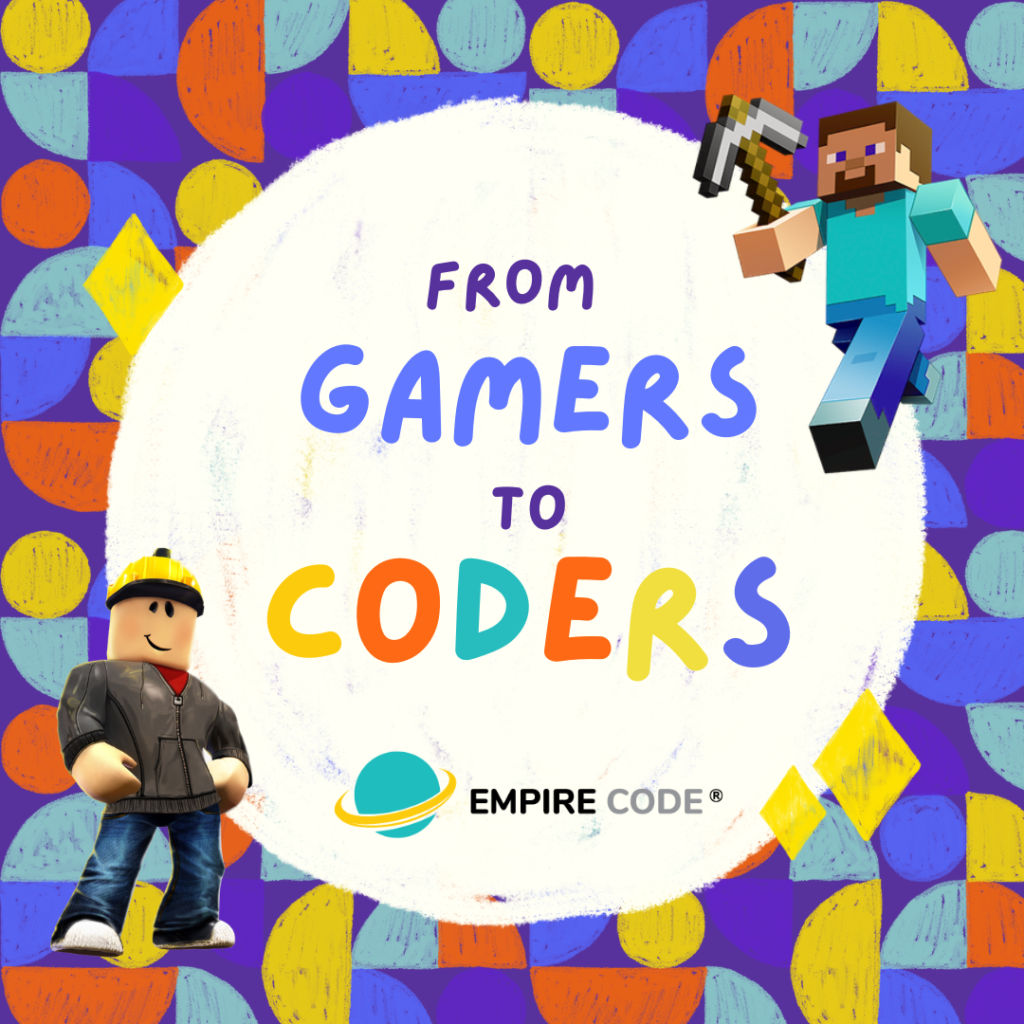The School of Science and Technology, Singapore (SST), established in 2010, is a specialized independent school dedicated to applied learning in Science, Technology, Engineering, Aesthetics, and Mathematics (STEAM). Here’s what you need to know about SST’s Direct School Admission (DSA) program and how it can benefit your child.
UNIQUE FEATURES OF SST:
- Integrated Diploma Programme (IDP):
- SST partners with Ngee Ann Polytechnic to offer a seamless progression into STEM diploma courses, bypassing the GCE O-Level examinations.
- Entrepreneurship Advisory Council:
- This council supports students with interests in innovation and business ventures, fostering entrepreneurial skills.
- Specialized Subjects:
- SST provides unique subjects like Biotechnology, Design Studies, and Fundamentals of Electronics, equipping students with emerging practical skills.
- Small Class Sizes:
- Classes are kept small, with 20 to 25 students, ensuring personalized attention and an interactive learning environment.
- Industry Partnerships: Collaborations with leading companies such as IBM and Creative Technology offer students exposure to real-world STEM applications and internships
SST’s DSA SELECTION PROCESS:
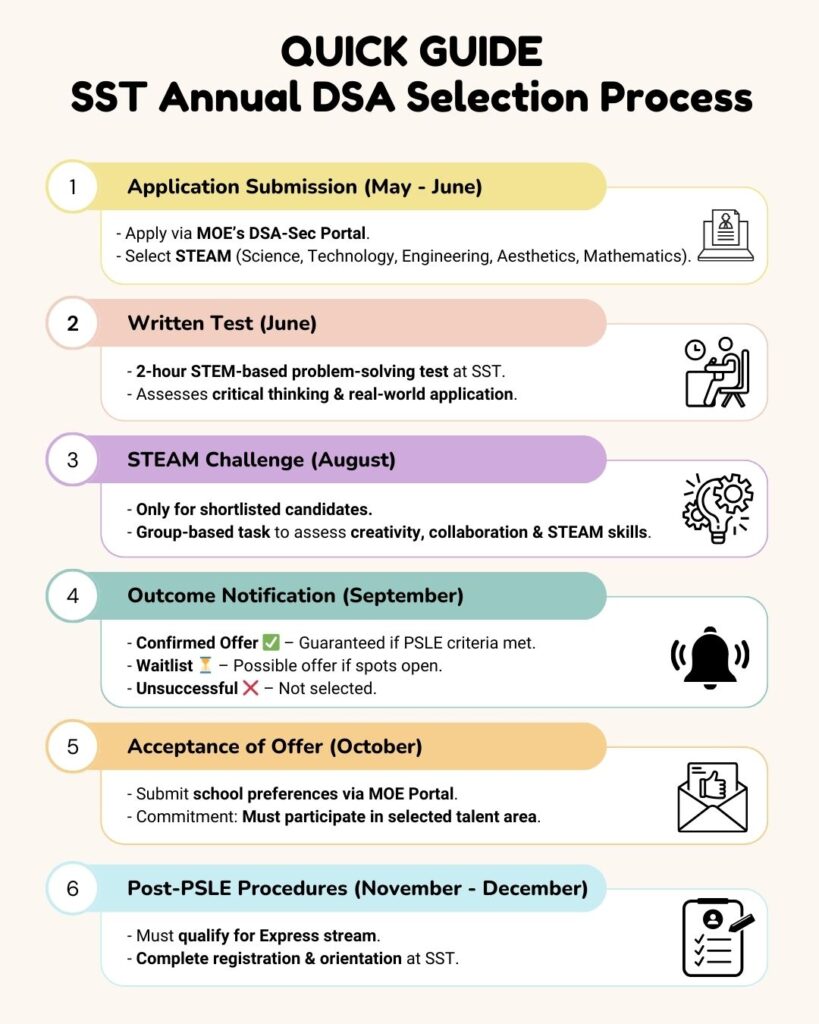
SST admits all students exclusively through the DSA program. Here’s how the process works:
Step 1: Application Submission
- Timeline: Early May to early June.
- Method: Applications are made via the Ministry of Education’s (MOE) Centralised DSA-Sec Portal, free of charge.
- Talent Area Selection: Applicants select “STEAM (Science, Technology, Engineering, Aesthetics, and Mathematics).”
Step 2: Phase 1 – Written Test
- Purpose: Evaluates problem-solving skills and critical thinking through STEM-based real-world scenarios.
- Format: A two-hour face-to-face test at SST, typically conducted in mid to late June.
Step 3: Phase 2 – STEAM Challenge
- Eligibility: Shortlisted candidates from Phase 1.
- Purpose: Group-based activities assess collaboration, creativity, and the ability to apply STEAM concepts in practical settings.
- Format: Conducted at SST in early August.
Step 4: Outcome Notification
- Timeline: Early September.
- Outcomes:
- Confirmed Offer: Guaranteed placement if PSLE results meet Express course requirements.
- Waitlist: Potential admission based on available vacancies.
- Unsuccessful: No offer through DSA.
Step 5: Acceptance of Offer
- School Preferences: Submit preferences via the DSA-Sec Portal in late October.
- Commitment: Students must actively participate in their selected talent areas for all four years.
Step 6: Post-PSLE Procedures
- Results: Students must qualify for the Express course.
- Registration: SST provides orientation and registration details after PSLE results are released.
WHY SST STANDS OUT FOR DSA
SST’s focus on applied learning and its dedication to developing innovators and leaders make it a top choice for students passionate about STEAM. Its comprehensive DSA process ensures that students are ready to thrive in a dynamic and forward-thinking environment.
